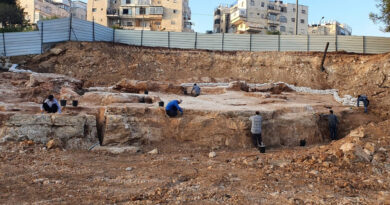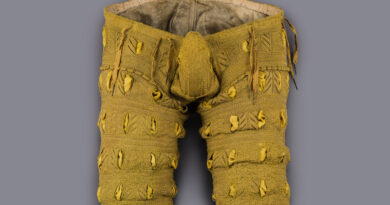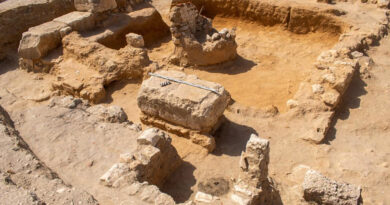Experts Hope Intact Knights Sword From Major Medieval Battle Marks His Final Resting Place
Archaeologists are expecting to find the body of a fallen knight after a huge battle some six centuries ago after a treasure hunter with a metal detector found a medieval sword, scabbard, knight’s belt and two knives.
The items found close to the city of Olsztyn in north-eastern Poland are believed to date back to the Battle of Grunwald in 1410 in what the local authorities have dubbed a “once-in-a-decade” find.
History buff and metal detector enthusiast Alexander Medvedev made the surprise discovery after scouring the site of the battle for items.
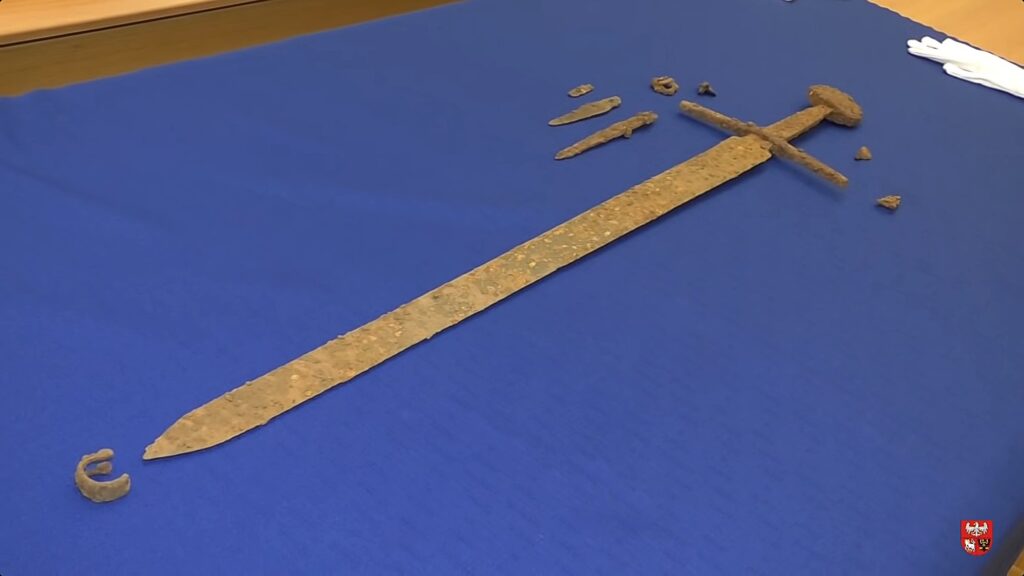
The find was announced by the Marshal Office of Warmia and Mazury, which said in a press release that “such a find comes along once in decades”, on 22nd April.
A team of archaeologists now preparing to carry out a dig at the location which is also the site of the Battle of Grunwald on 15th July 1410, when the Kingdom of Poland and the Grand Duchy of Lithuania defeated the Teutonic Order.
The battle, one of the largest fought in medieval Europe, took place on territory belonging to the State of the Teutonic Order, now located in modern-day Poland.
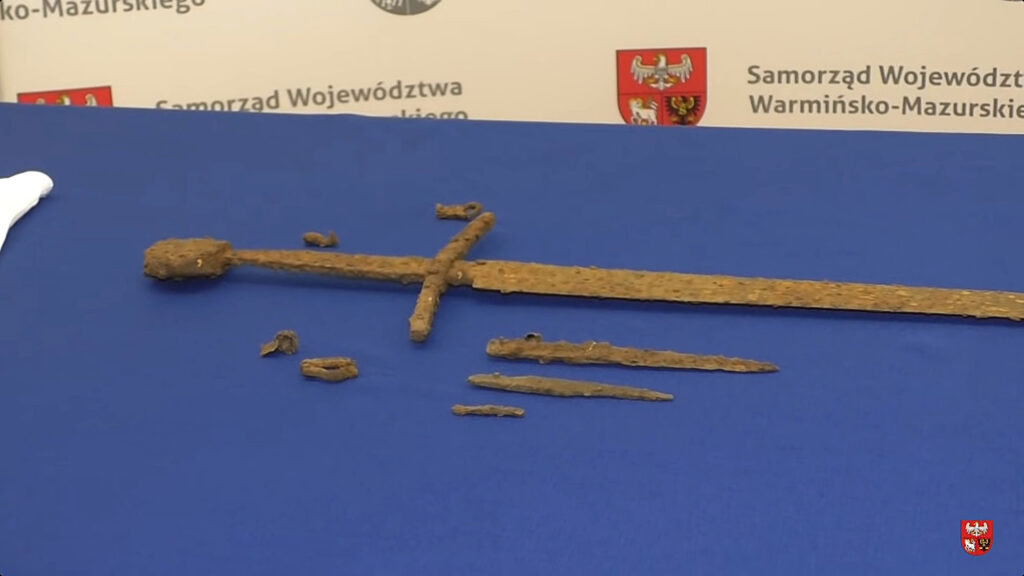
It involved an estimated 27,000 to 66,000 men and resulted in some 2,000 Polish-Lithuanian deaths, 8,000 Teutonic knights killed, and 14,000 Teutonic knights taken prisoner.
The battle marked the rise of the Polish-Lithuanian union as the dominant political and military force in Central and Eastern Europe for the following two centuries.
Following the find, a dig is being prepared at the site, and archaeologists hope to find the mortal remains of the knight who once wielded the remarkably well-preserved sword.
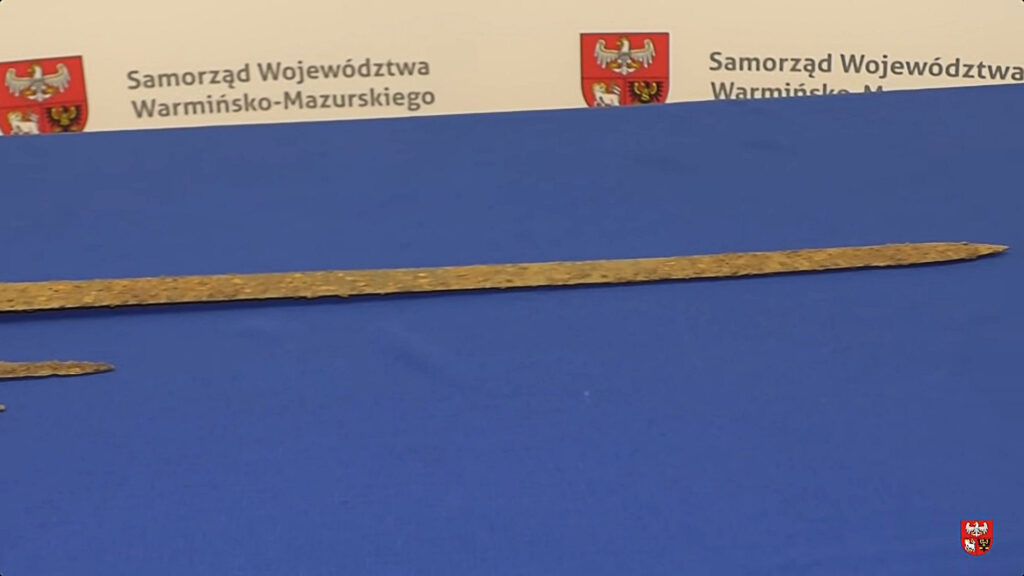
Szymon Drej, the director of Battle of Grunwald Museum, said that they we are hoping to solve the mystery as to why nobody had taken the sword and other items at the time which would have been very valuable.
The items have been sent to the nearby Museum of the Grunwald Battlefield, which will conserve the relics.

